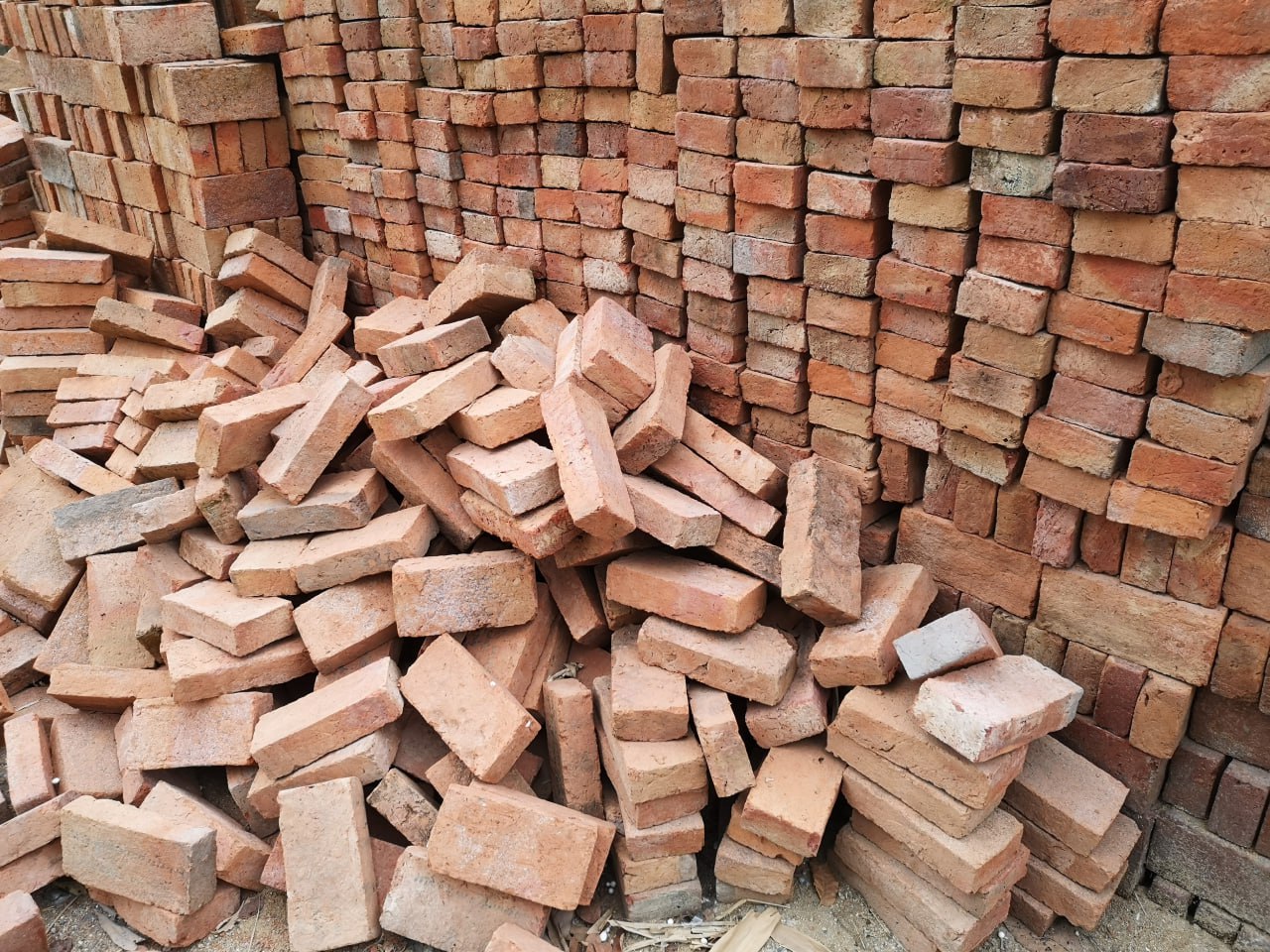Belarus Joins BRICS: Another Brick in a Wall Without Mortar
 The situation has not changed
The situation has not changed

Following the BRICS+ summit held in Kazan on October 24, Belarus became one of 13 countries granted partner status with the group. According to Lukashenka, Belarus will serve as an important new element in this “community of the future” capable of hastening the “end of the collective West.” Belarus, the dictator asserts, joins BRICS with specific projects in mind and fully embraces the BRICS philosophy. But what is this philosophy?
Russian propagandists delivered a clear summary according to top-down directives, portraying the summit as a success for BRICS+ and a failure for the U.S. and EU in their “attempts to isolate” Russia over the war in Ukraine. Vladimir Putin, they claim, has become an “informal leader of the global majority” (even if the world at large is unaware of it). Turning BRICS into a global alternative to Western institutions and alliances is a lofty goal, though it doesn’t appear to be one the alliance members have genuinely set for themselves, at least not in Russia’s version.
Beijing aims to develop BRICS “as part of a broader strategy to position itself as the leader of developing nations within the so-called Global South.” India’s leadership opposes further BRICS expansion, intending to prevent the group from becoming an anti-American coalition dominated by China and Russia. Brazil, South Africa, and the UAE also do not want their BRICS membership to signal opposition to the West.
In reality, BRICS lacks a unified philosophy — especially a political one. Democracy, rule of law, and human rights are not criteria for membership (unlike in European structures, for example). It’s challenging to find a more politically diverse group than communist China, theocratic Iran, democratic India, and authoritarian Russia in modern history. Economic criteria are also ambiguous, whether in terms of the state sector’s share in the economy or economic growth rates.
BRICS lacks and, for now, cannot have a strict structure, headquarters, charter, or intergovernmental bodies, which makes sense given its varied membership.
This is an organization only in a nominal sense — more like a regular international seminar, though a glamorous and high-profile one. BRICS expansion does little to build a cohesive philosophy for transforming the group into a truly significant intergovernmental organization. Ultimately, BRICS remains an international work-in-progress with unclear prospects for becoming something definitive. It’s still a group of conditional possibilities: we would like to, we aim to, we could do this or that under certain conditions.
The only visible achievement over 15 years has been establishing the New Development Bank (NDB), to finance infrastructure and sustainable development projects in developing countries. In September 2017, the “first brick” was laid for the NDB’s permanent headquarters in Shanghai. However, since March 2022, the NDB has suspended all transactions in Russia to avoid sanctions and disconnection from the global financial system.
A single BRICS currency is another project still in the “development phase” (dating back to 2009). Experts remain skeptical about the potential to create a global reserve currency under BRICS. The group is not a trade bloc, with only about 6% of its member states’ external trade occurring among each other, making a new currency an impractical trade tool.
British financier Jim O’Neill coined the acronym BRICs in 2001, arranging the letters to convey a word meaning “brick,” envisioning these developing countries as building blocks for a renovated global financial and governance system. In a recent article, “BRICS Still Doesn’t Matter,” O’Neill revised his once-optimistic outlook on the “bricks” countries’ inevitable and rapid economic rise to a more negative one: “The mixed bag of new members seems chosen not for strategic long-term considerations but because they could be persuaded to join.” He concludes that even with additional “bricks,” BRICS is unlikely to impress.
Thus, there are bricks but no foundation, and without a foundation, no structure can be built. There is no improved or renewed global order. Does this mean BRICS truly doesn’t matter?
Certainly, the forum is unfit to play the role of a “collective anti-West.” Yet, through the pragmatic eyes of the Union State’s political leaders, it still has potential. First, legitimacy is always beneficial. For Lukashenka, BRICS is an additional way to show himself as a recognized leader of an independent state. For Putin, it’s a chance to demonstrate that Russia’s isolation is an illusion imposed by Western nations. Second, BRICS offers opportunities for developing trade relations, especially those focused on bypassing Western sanctions and implementing import substitution policies, whose successes so far are modest and limited to the “natural” conditions of the Belarusian and Russian economies.
In essence, each participant sees in BRICS what they prefer to see: some see a network, others see a wall.
Despite the dazzling prospects for cooperation under BRICS, this “hot topic” in Belarusian and Russian media will likely soon fade. Russia’s chairmanship in the seminar is set to pass to Brazil, but it is improbable that Putin will travel to Brazil next year (just as he didn’t go to South Africa), as Brazil falls under the jurisdiction of the International Criminal Court.
Subscribe to our newsletter




Situation in Belarus
Constitutional referendum: main consequences


 Video
Video
How to count the political prisoners: are the new criteria needed?


 Video
Video
Paternalism In Decline, Belarusian Euroscepticism, And The Influence Of Russia


 Video
Video












